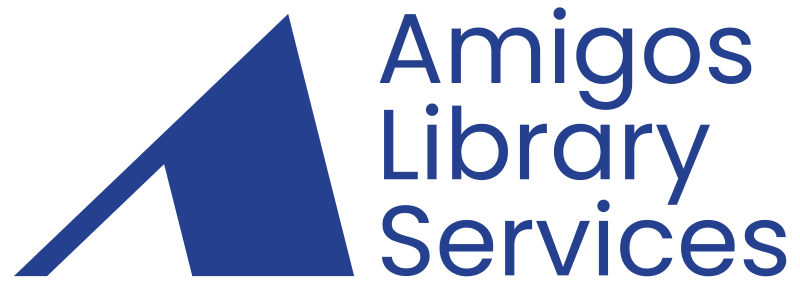By Any Other Name: Belonging and Engagement in Libraries - An Amigos Community Conversation
In a political climate where terms like diversity, equity, and inclusion face increasing challenges, many institutions have pivoted to new terms like belonging, community engagement, or student development. Join library leaders for a discussion about their approaches to this politicized space and how they are finding paths to fulfilling their organization’s commitments to reflecting and welcoming the communities they serve.
